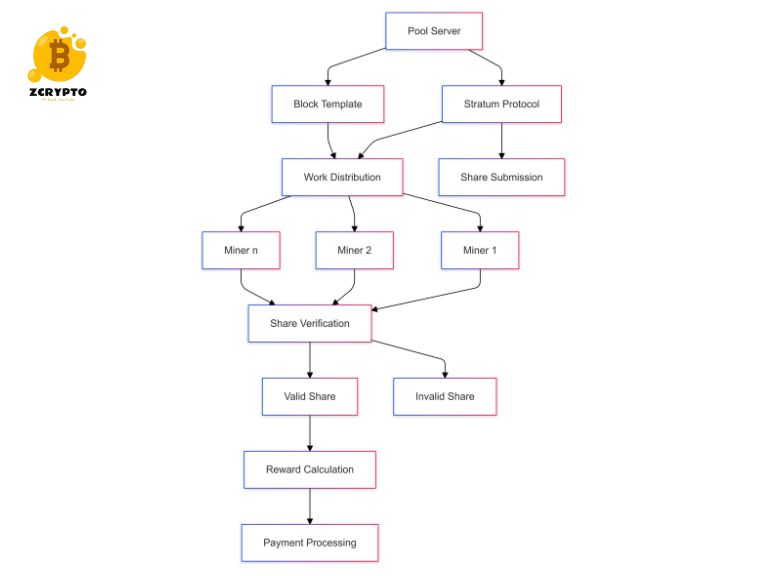Understanding Eminent Domain
Definition and Legal Framework
Eminent domain is a legal principle that grants government agencies and some public utilities the authority to take private property for public use. This power is not unlimited; it must adhere to the constitutional mandate of just compensation to the property owner. The process involves various entities, including local governments, state agencies, and public utilities like power companies or transportation authorities.
- What is Nansen? Data Analytics Platform for Web3 Intelligence
- Unlocking Financial Excellence: What is a Chartered Accountant (CA) and How to Become One
- Navigating Cyclical Industries: How Economic Cycles Impact Business Value and Investment Strategies
- Understanding Forfeited Shares: Implications and Strategies in Finance and Investment
- Unlocking Fair Value: The Ultimate Guide to Asset Valuation in Finance and Investing
The Process of Eminent Domain
The process of eminent domain typically begins with an appraisal to determine the fair market value of the property. Here are the key steps involved:
Bạn đang xem: How Eminent Domain Impacts Property Values and Investment Strategies
-
Appraisal: Professional appraisers assess the property’s value based on factors such as size, location, zoning regulations, and recent sales of comparable properties.
-
Notice: The property owner is notified of the intent to acquire their property.
-
Negotiation: The government or public utility attempts to negotiate a purchase price with the owner.
-
Litigation: If an agreement cannot be reached, the matter may proceed to court where a judge or jury determines the fair compensation.
Factors Influencing Fair Market Value
Appraisal Process
Determining fair market value is crucial in eminent domain cases. Professional appraisers use several methods to evaluate properties:
-
They consider the property’s size, location, and zoning.
-
They analyze recent sales of comparable properties in the area.
-
Xem thêm : How Economic Shocks Impact Business Investment and Financial Stability
They assess any unique features or improvements that could affect value.
Geographical and Market Factors
Geographical location and neighborhood dynamics significantly influence property values. For instance:
-
Properties in desirable neighborhoods with good schools and amenities tend to have higher values.
-
Zoning regulations and land-use restrictions can also impact property value by limiting potential uses.
Unique Property Features and Improvements
Unique features such as historic significance, architectural design, or specific improvements (like high-end finishes or additional structures) can substantially influence a property’s value. These elements are carefully considered during the appraisal process to ensure accurate valuation.
Impact on Property Values
Direct Impact: The “Take”
When a portion of a property is taken through eminent domain, its direct impact is evident. The valuation methods used focus on determining what portion of the property’s total value is being taken. This often involves comparing it with similar properties that have been sold recently.
Indirect Impact: Damages to the Remainder
Beyond the direct take, projects can also cause damages to the remainder of the property. For example:
-
Reduced access due to road construction can lower property value.
-
Limited use resulting from nearby industrial activities can also negatively impact value.
Cost to Cure
Xem thêm : Mastering Discounting: How to Calculate Present Value in Finance and Investment
The cost to cure factor involves assessing any damaged or removed elements that need replacement. This could include fencing, gates, or other structural elements that were affected by the project.
Investment Strategies and Considerations
Pre-Eminent Domain Appraisals
Obtaining an independent appraisal before an eminent domain action is crucial for understanding the true value of your property. This step helps in negotiating fair compensation and ensures you are not undervalued by government appraisals.
Negotiating Compensation
Property owners should be proactive in negotiating compensation:
-
Present counter-evidence if you believe the government’s appraisal is inaccurate.
-
Challenge the appraisal methodology if it does not reflect your property’s unique features or market conditions.
Long-Term Implications
Eminent domain can have long-term implications for investment strategies:
-
Changes in property value post-project may affect future investments.
-
Potential changes in land use could alter long-term investment plans.
Role of Legal and Professional Advice
Eminent Domain Lawyers
Hiring an eminent domain lawyer is essential for advocating on behalf of property owners. These lawyers ensure that owners receive fair treatment and just compensation throughout the process.
Appraisers and Experts
Professional appraisers and other experts play a critical role in accurately valuing properties and assessing damages. Their expertise helps in presenting strong cases during negotiations or litigation.
Nguồn: https://earnestmoney.skin
Danh mục: Blog


















